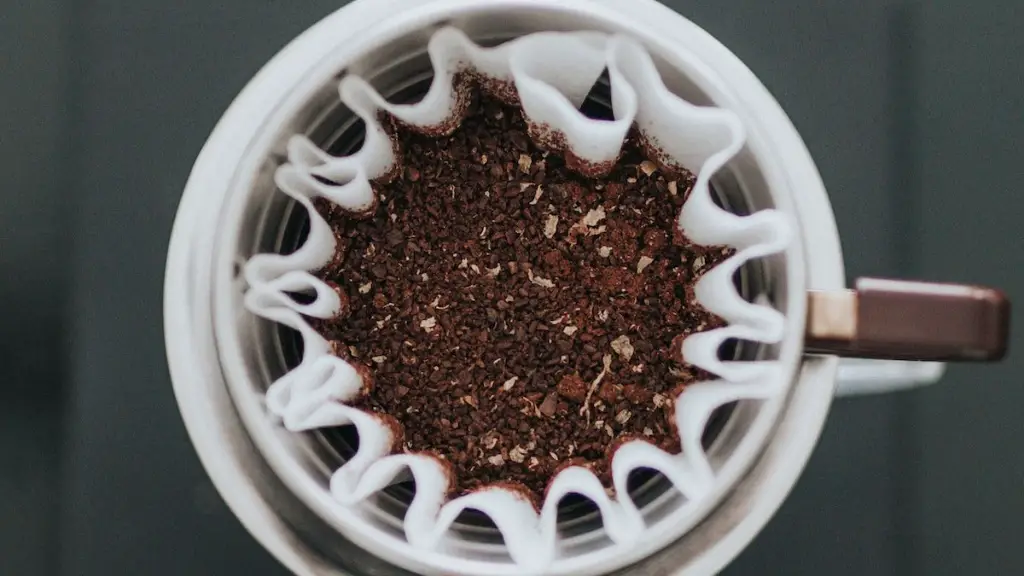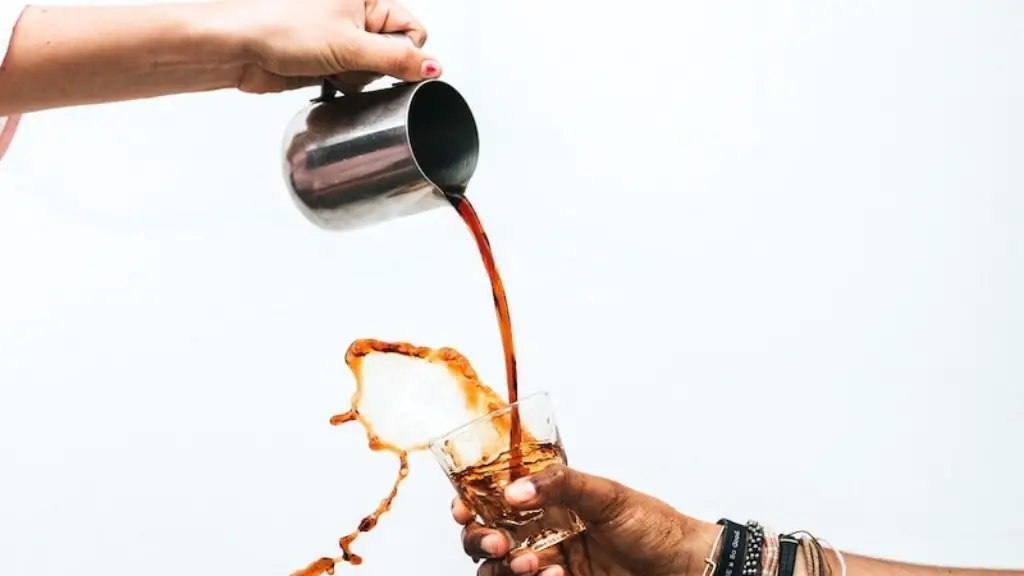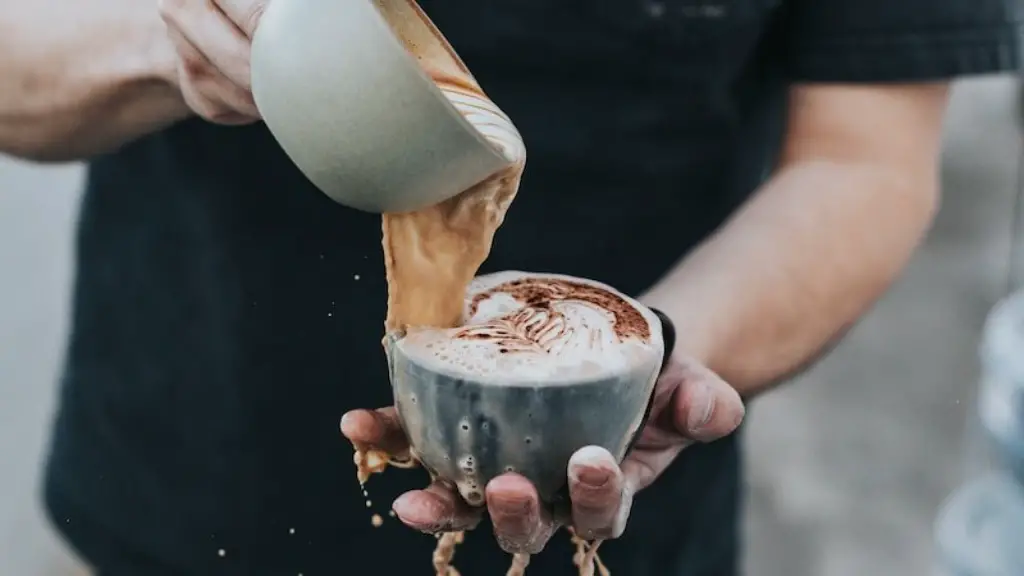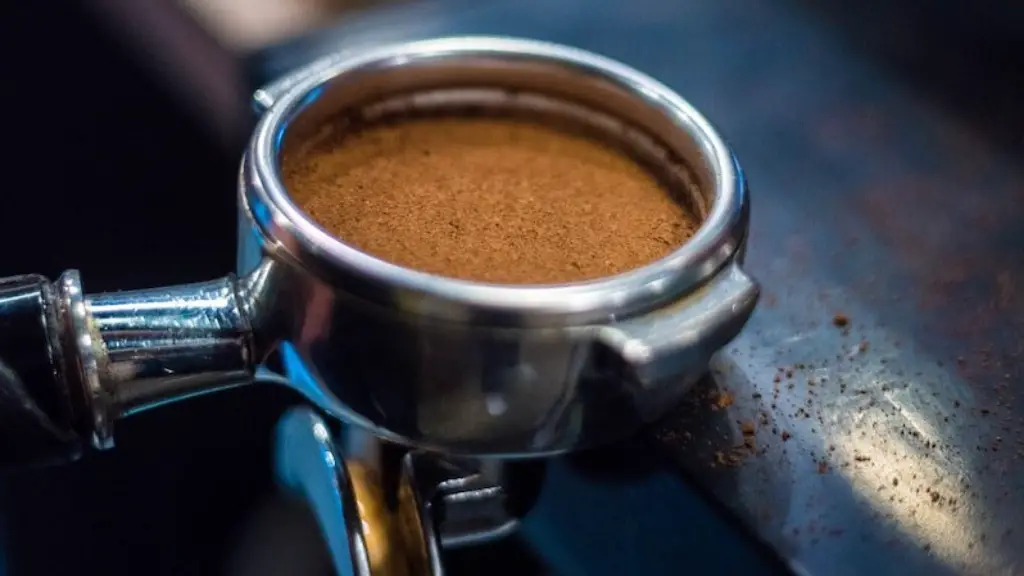Can You Drink Coffee for a Fasting Blood Test?
Drinking coffee before a fasting blood test procedure is a topic of debate among medical professionals. While there is no definitive answer, certain facts may help you decide if you can drink coffee for a fasting blood test.
First, you should consult with your healthcare provider before doing anything. If you have the all-clear from your doctor then you may proceed with caution. Otherwise you may risk being non-compliant if you are asked to fast beforehand.
Fasting blood tests are used to measure various markers in the blood such as glucose, cholesterol, and electrolytes. Generally, you are instructed to fast 8-12 hours before your procedure in order to obtain accurate results.
Drinking coffee before a fasting blood test could affect the results. Coffee contains caffeine and other chemicals known to affect the body’s metabolization of glucose. This means that the results of the test might be skewed compared to the baseline you were aiming for.
Caffeinated drinks such as coffee have been linked to increased heart rate and blood pressure. This can complicate the results of your fasting blood test. Higher levels of glucose in the blood can indicate certain health risks that you might not be aware of. To avoid this issue, it’s best to avoid consuming any coffee before fasting blood tests.
That said, there have been studies which have indicated that coffee consumption does not affect the results of a fasting blood test. This includes coffee intake up to 12 hours before the procedure. It’s important to remember, however, that these studies are done under laboratory conditions and may not be indicative of real-life situations.
It is also important to note that if you do drink coffee before a fasting blood test, your doctor or nurse should be made aware of this. This way, they can take into account the affect of the caffeine in your results. This can help them understand what is normal for you.
It is also important to be aware that caffeine can cause side effects such as insomnia, restlessness, headaches, and irritability. These symptoms may affect your concentration and focus during your fasting blood test. It is best to avoid coffee if possible and drink water instead.
Calorie Count in Coffee
Coffee is often a popular beverage that many people have regularly, typically in the morning or early afternoon. One of the key considerations for those following a particular diet is the number of calories, or the lack thereof, in a cup of coffee. The exact amount of calories in coffee depends on your recipe and coffee type but, generally, plain black coffee provides only a few calories, if any at all.
Low-calorie coffee recipes are popular among dieters who want to enjoy coffee but reduce their calorie intake. Popular recipes include using skim milk instead of regular milk, non-dairy creamer, and artificial sweeteners instead of sugar. These options can reduce the calorie content of coffee significantly, which can help with those watching their weight.
For those looking to lose weight or maintain a healthy lifestyle, including coffee in their diets can help. The antioxidants present in coffee promote metabolic health and can provide a boost of energy and mental focus. Additionally, coffee drinkers can enjoy the taste, aroma, and health benefits of coffee even though it is low in calories.
Caffeine Side Effects
Caffeine is a stimulant commonly found in coffee and other drinks, such as energy drinks, sodas, and teas. Most people can drink coffee in moderation with no major side effects. But for some, drinking coffee can lead to some uncomfortable short-term and long-term side effects.
Common side effects of drinking too much caffeine include anxiety, insomnia, restlessness, headaches, and irritability. In the long-term, drinking massive amounts of caffeine can cause heart palpitations, high blood pressure, and increased risk of stroke.
It is important to note that not all of these side effects are necessarily related to caffeine intake. Other factors such as individual biology, lifestyle habits, and diet can play a role. If you are worried about your caffeine intake, speak with your healthcare provider.
Alternatives to Coffee
If you need energy but don’t want to consume coffee or other caffeinated beverages, there are alternatives. Natural energizers such as matcha and guarana are a great option because they are derived from plants, offer a gentle boost of caffeine and have fewer side effects than traditional coffee. Additionally, superfood smoothies like acai and maca provide a great way for you to get energized and healthy during the day.
Herbal drinks such as chamomile, green tea, and rooibos offer health benefits, contain no caffeine, and can also be a great alternative to coffee.
If you are looking for a refreshing and caffeine-free beverage, you might want to try fruit or vegetable-based drinks. Juices, smoothies, and just plain old water are great options for keeping you hydrated throughout the day.
Coffee Habits
How you drink your coffee and how much you consume can affect your overall health and wellbeing. Studies have shown that when people consume more than five cups of coffee per day, it can be linked to an increased risk of certain health issues such as cardiovascular disease and diabetes.
When it comes to coffee, moderation is key. It is best to limit your intake to two to three cups per day. Additionally, avoid adding sugar and cream to your coffee or highly caffeinated drinks such as energy drinks and sodas.
Be mindful of the fact that caffeine has a half-life of around five to six hours, so it can stay in your system for quite some time. If you find yourself experiencing any of the side effects mentioned earlier, cut down or switch to a decaffeinated version.
Time Management
A common problem many face is using coffee as a crutch to get through the day. Spending too much time on the coffee cycle can lead to lack of sleep, exhaustion, and stressed moods. If this sounds like you, it is time to take a step back and re-evaluate your coffee habits.
The best way to kick your coffee habit is to establish a time management plan. Start by setting aside time to get restful sleep, eat a healthy diet, and take time to focus on yourself. Be sure to create a daily schedule that includes plenty of breaks and physical activity.
When you need a little extra energy and focus, try natural energizers and energizing foods instead of coffee. Supplement your diet with healthy snacks like nuts, fruits, and whole grains to keep your energy levels up.
If you need energy, try avoiding coffee and opting for healthier options such as low-calorie smoothies, herbal teas, or energy bars. Have a plan and stick with it to reduce your reliance on coffee and make sure you are getting the right amount of energy.
Stress Management
Stress can cause imbalances in the body and mind, which can have a detrimental impact on your overall health. To combat stress and its effects, it’s important to identify the root cause of your stress and then work towards resolving it. Finding ways to manage your stress can help you better manage your coffee intake.
Relaxation techniques such as yoga and breathing exercises are a great way to reduce stress quickly and effectively. Additionally, getting regular exercise, eating a healthy diet, and getting enough sleep can help you better manage your stress.
Making sure you have an active social life is also important. Spending time with friends and family is a great way to reduce stress and make sure you are surrounded with positive energy.
If you find yourself turning to coffee for extra energy or focus, it may be time to reevaluate your stress management strategies. Stress can lead to both physical and emotional problems, and can also lead to an increased dependence on coffee. Take a step back and implement stress-reducing strategies to take control of your energy and well-being.





